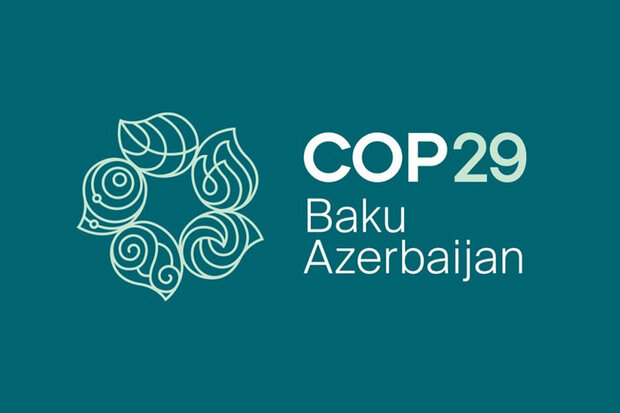
The urgency of addressing climate finance dominated discussions at COP29 in Baku, Azerbaijan, as leaders from across the globe convened to tackle the escalating impacts of climate change. With rising temperatures already affecting vulnerable populations disproportionately, the summit has placed a significant focus on achieving an ambitious and actionable global financial framework.
Chalermchai Sri-on, Thailand’s Minister of Natural Resources and the Environment, underscored the critical need for robust financial mechanisms to support adaptation and mitigation efforts. Speaking during the opening sessions, he stressed the importance of aiding developing nations, particularly those bearing the brunt of climate-related disasters. His remarks echoed broader calls at COP29 for wealthier nations to honor and expand their financial commitments under the Paris Agreement.
Mukhtar Babayev, Azerbaijan’s Minister of Ecology and Natural Resources and President of COP29, framed the summit as a “moment of truth” for international climate efforts. He emphasized that the conference would serve as a litmus test for the global community’s willingness to uphold the multilateral system established under the Paris Agreement. Babayev, along with other leaders, advocated for elevating the climate finance target beyond the current $100 billion annual goal—a figure pledged more than a decade ago but still not fully realized.
United Nations Framework Convention on Climate Change (UNFCCC) Executive Secretary Simon Stiell joined the calls for swift and decisive action, asserting that climate finance is not a matter of charity but an urgent necessity for global stability. He warned that failing to secure adequate funding would result in severe economic and environmental repercussions worldwide, urging leaders to agree on a new, ambitious financing mechanism before the conference concludes.
Sultan Ahmed Al Jaber, the UAE’s Minister of Industry and Advanced Technology and President of COP28, addressed the need for equitable and accessible funding solutions. He highlighted the challenges faced by developing nations in accessing financial resources, advocating for streamlined processes to ensure timely disbursement of funds. Al Jaber also stressed the importance of fostering global unity, urging nations to prioritize actionable outcomes over rhetoric.
The conference, which runs until November 22, has also seen discussions on reforming global financial systems to align with climate goals. Proposals include creating fiscal space for developing nations and enhancing transparency in climate-related investments. Delegates emphasized that without systemic changes, the existing financial architecture would remain inadequate to address the scale of the crisis.
Notably, the summit has brought attention to the increasing frequency and severity of climate-related disasters, from catastrophic floods in South Asia to prolonged droughts in sub-Saharan Africa. These events have intensified calls for a loss-and-damage fund, which aims to provide financial assistance to nations disproportionately affected by climate impacts. While discussions on operationalizing the fund are ongoing, leaders have highlighted its potential as a critical tool for building resilience in vulnerable regions.
The geopolitical landscape, marked by conflicts and economic uncertainties, has added complexity to the negotiations. Despite these challenges, there is a palpable sense of urgency among delegates to deliver meaningful outcomes. Many view the conference as a pivotal moment for rebuilding trust among nations, particularly between developed and developing countries, which have often been at odds over issues of accountability and responsibility in climate action.




